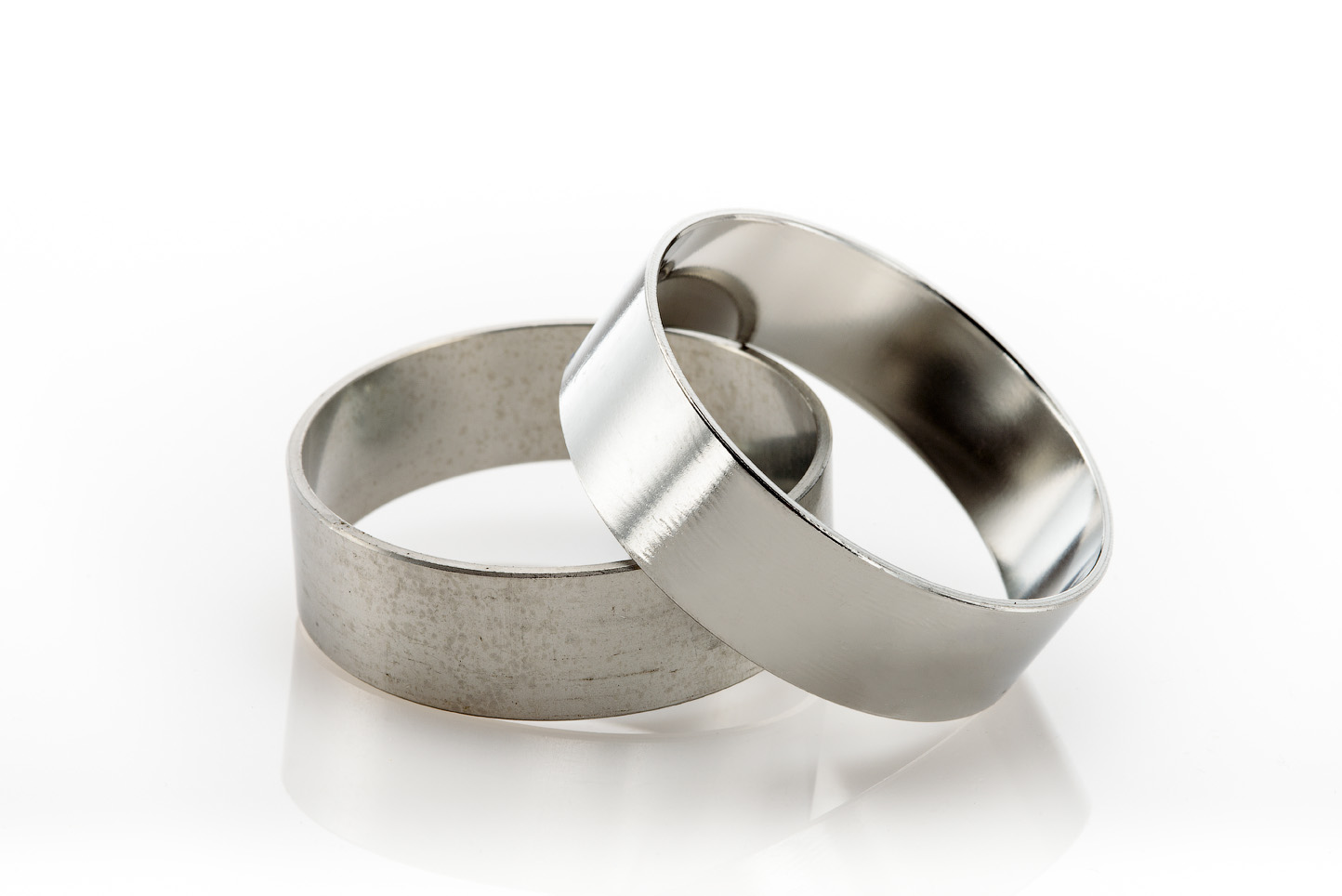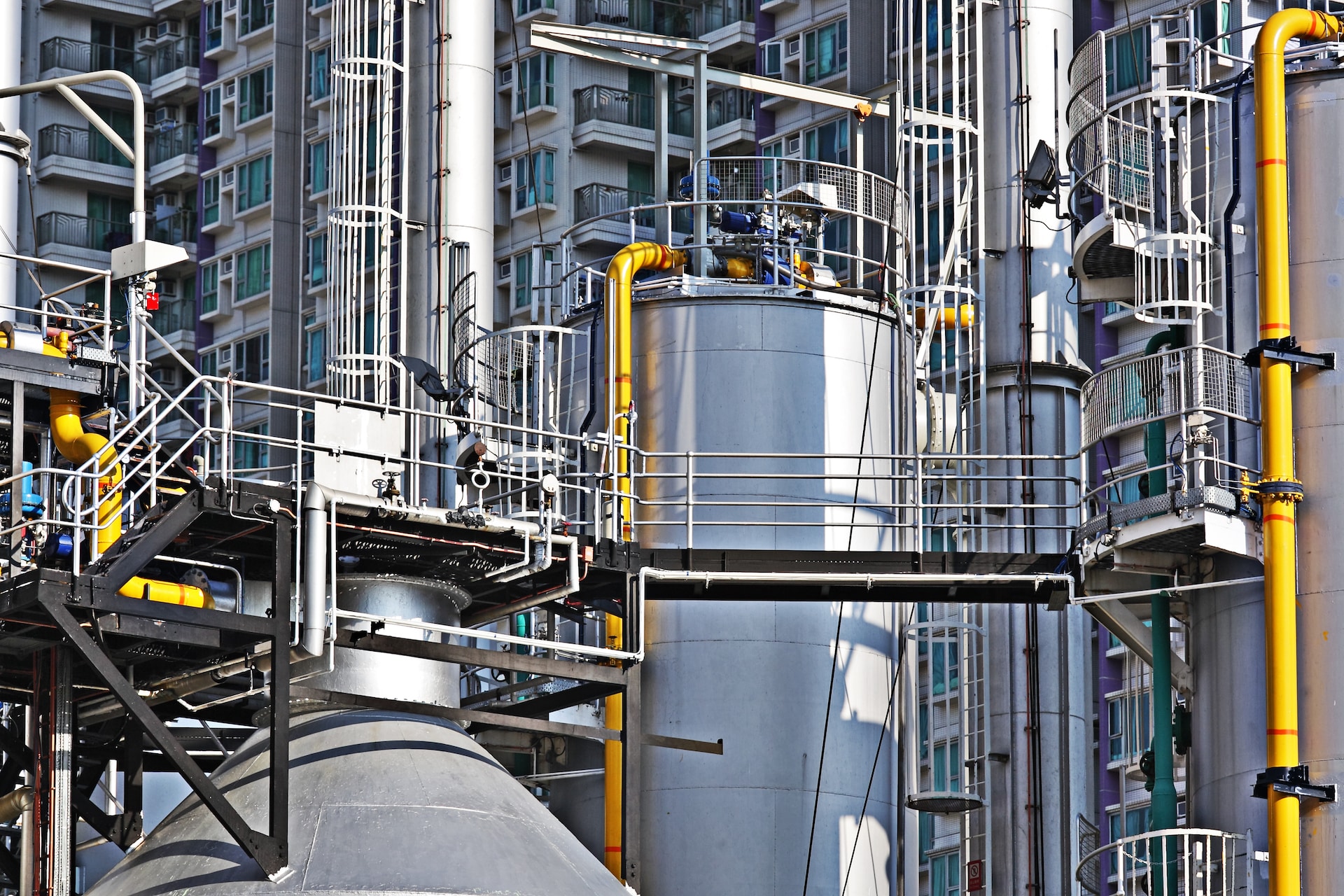
Protecting Chemical Processing Equipment with Citric Acid Passivation
Why Surface Treatment Is Essential for Corrosion Resistance in Harsh Environments
In the chemical processing industry, stainless steel is the material of choice for tanks, fittings, valves, sensors, and structural components. But exposure to aggressive substances—acids, solvents, caustics, and chlorides—can degrade even stainless steel over time.
To ensure these components perform reliably and resist corrosion, a critical surface treatment step is required: citric acid passivation.
What Is Citric Acid Passivation?
Citric acid passivation is a chemical treatment that removes free iron and surface contaminants from stainless steel without etching or damaging the metal itself. By thoroughly cleaning the surface and encouraging the formation of a stable chromium oxide layer, this process restores and enhances stainless steel’s natural corrosion resistance.
Unlike nitric acid-based passivation, citric acid passivation is safer for both the environment and workplace personnel. It’s non-toxic, biodegradable, and effective across a wide range of stainless steel alloys used in chemical processing.
→ Learn more about citric acid passivation
Why It’s Ideal for Chemical Processing Components
In chemical processing environments, small imperfections or contamination on stainless steel surfaces can lead to corrosion, equipment failure, or product contamination. Citric acid passivation addresses these risks by:
-
Eliminating free iron and other contaminants that can trigger corrosion
-
Restoring a uniform passive film to protect against pitting and crevice corrosion
-
Enhancing long-term durability in exposure to aggressive chemicals
-
Complying with ASTM A967 and other industry standards
It’s especially beneficial for components like:
-
Load cells and sensors exposed to solvents and acids
-
Tanks, piping, and process vessels in continuous contact with corrosive fluids
-
Valves, fittings, and gaskets that must maintain integrity under pressure
-
Instrumentation used in subsea, pharmaceutical, or specialty chemical settings
A Safer, More Sustainable Approach
Compared to traditional nitric acid treatments, citric acid passivation offers a more sustainable solution without compromising performance:
-
No hazardous fumes
-
Lower disposal costs
-
Easier compliance with environmental and safety regulations
-
Excellent results across a variety of stainless steel grades
Final Thoughts
When the performance of your chemical processing equipment depends on corrosion resistance, citric acid passivation is a smart, effective finishing solution. It not only improves surface integrity but also helps protect your investment for the long term.
At New England Electropolishing, we specialize in high-purity citric acid passivation of stainless steel for mission-critical components in the most demanding environments.
→ Explore our citric acid passivation services and request a quote today.
Electropolishing Resources
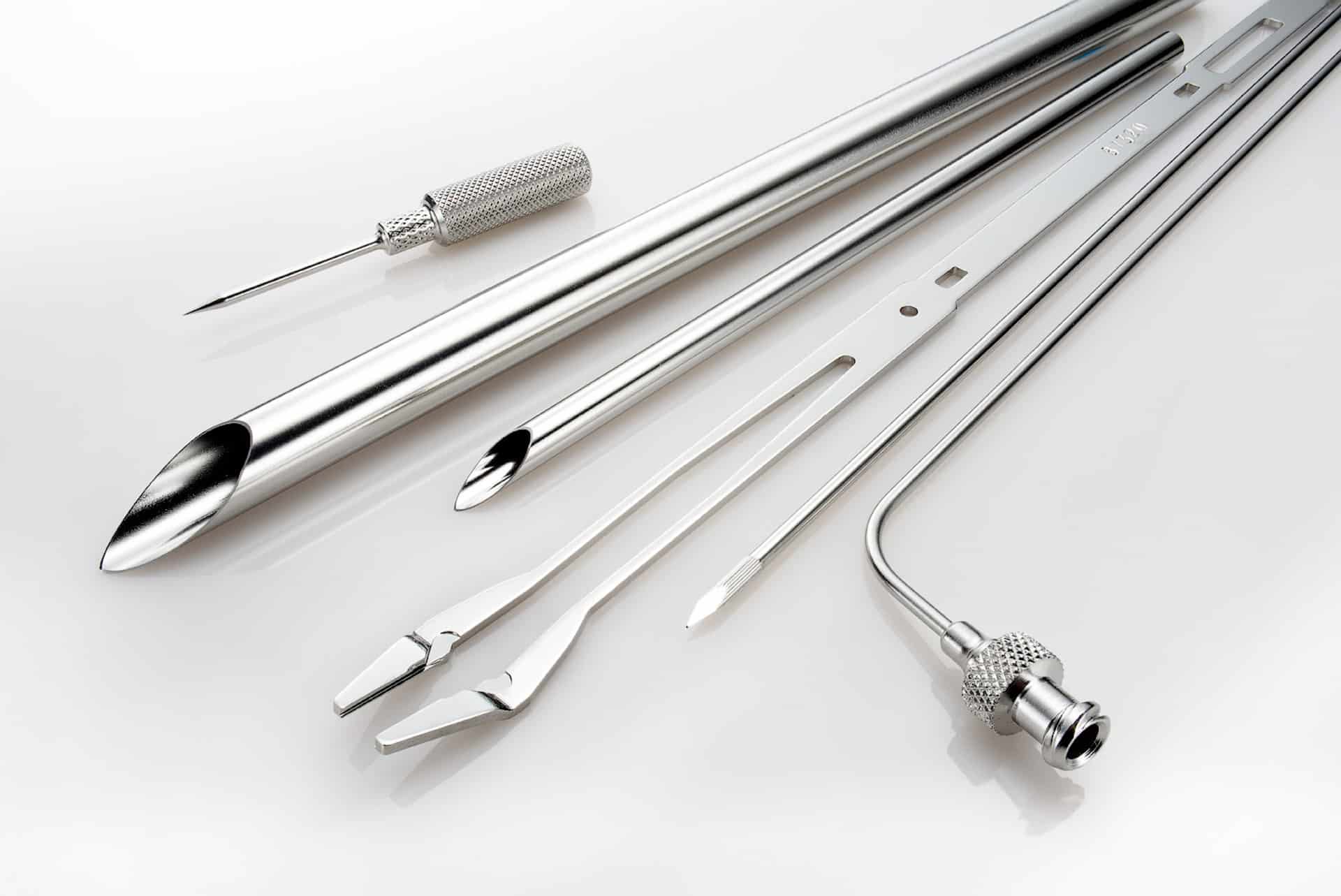
What is Electropolishing?
Electropolishing is an electrochemical and reverse plating process that removes the outer layer of skin on a metal...
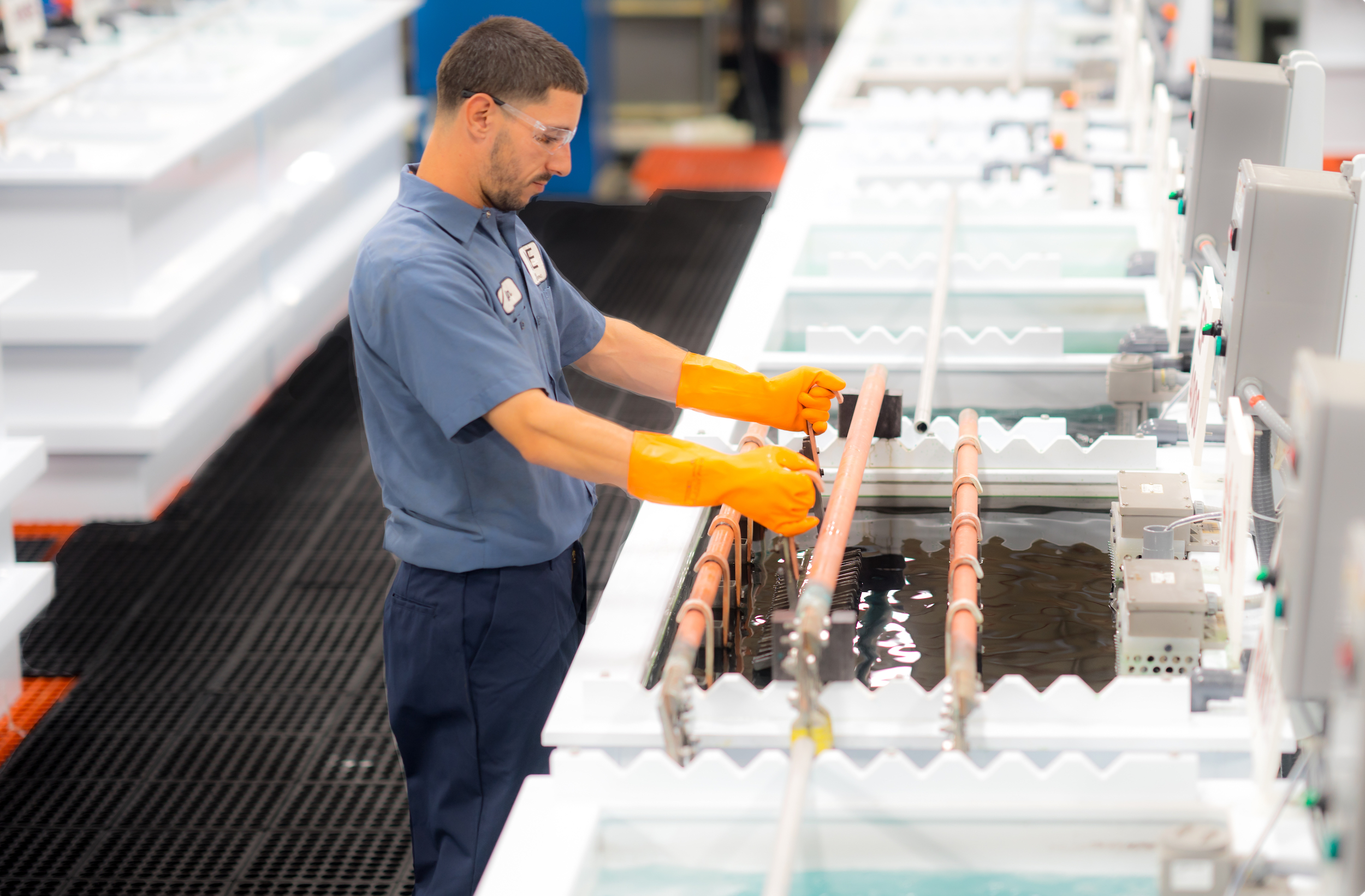
The Electropolishing Process
The electropolishing process is initiated by immersing a metal part into a temperature-controlled bath of electrolyte...
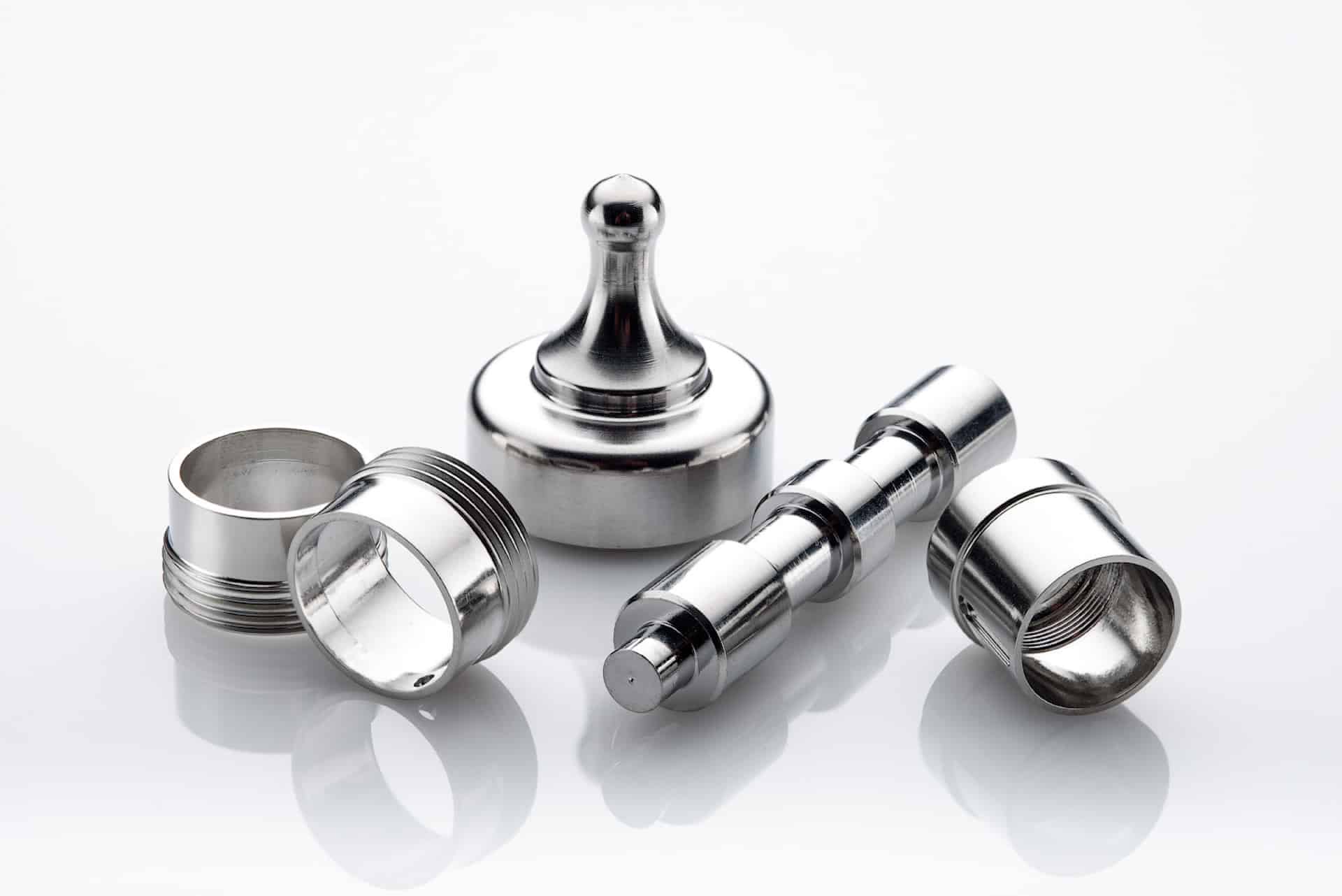
Benefits of Electropolishing
Curious about the benefits of putting your parts through the electropolishing process? Read along below where we...
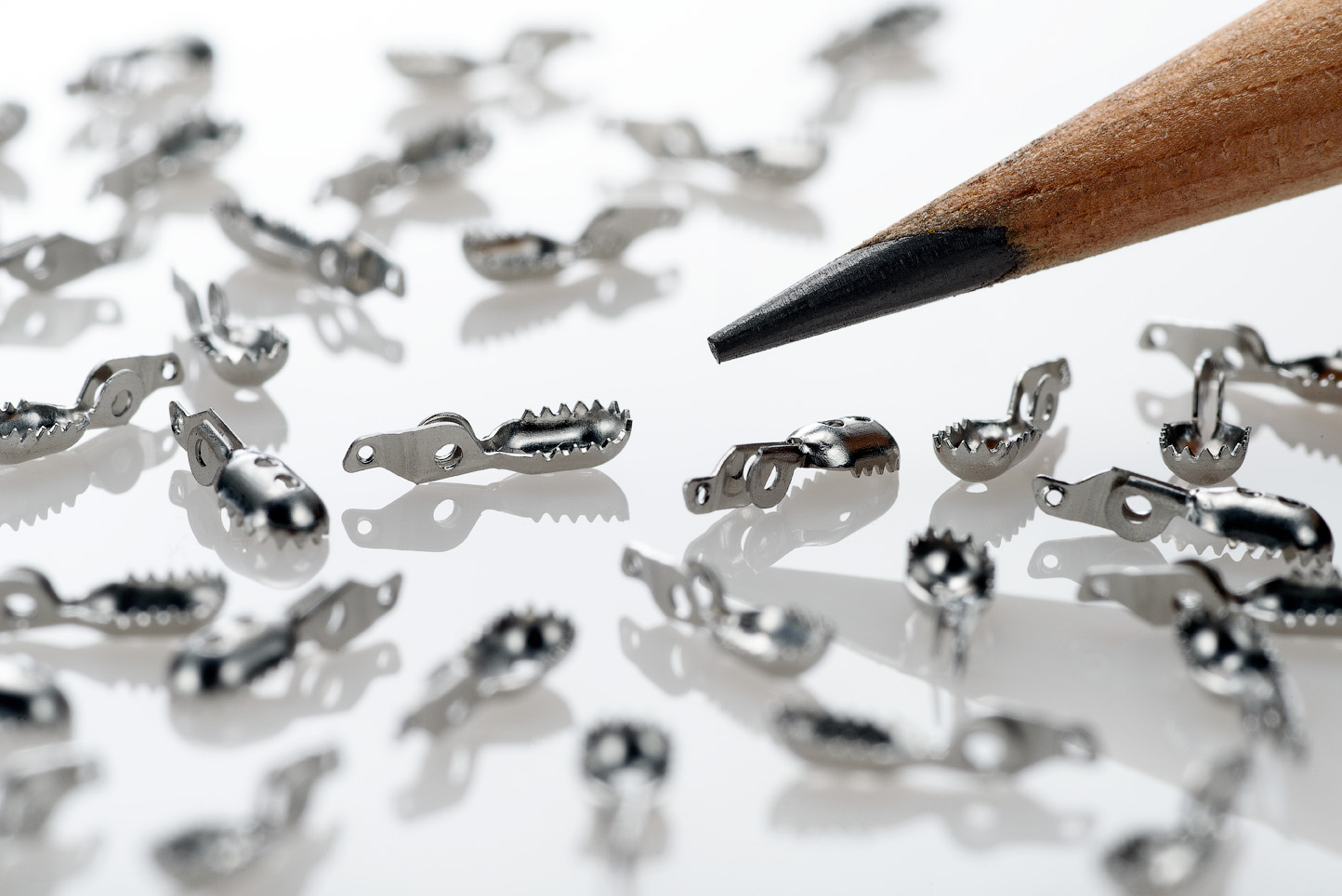
How Much Material Does Electropolishing Remove?
Electropolishing, when done properly is a highly controllable process which removes as little as...
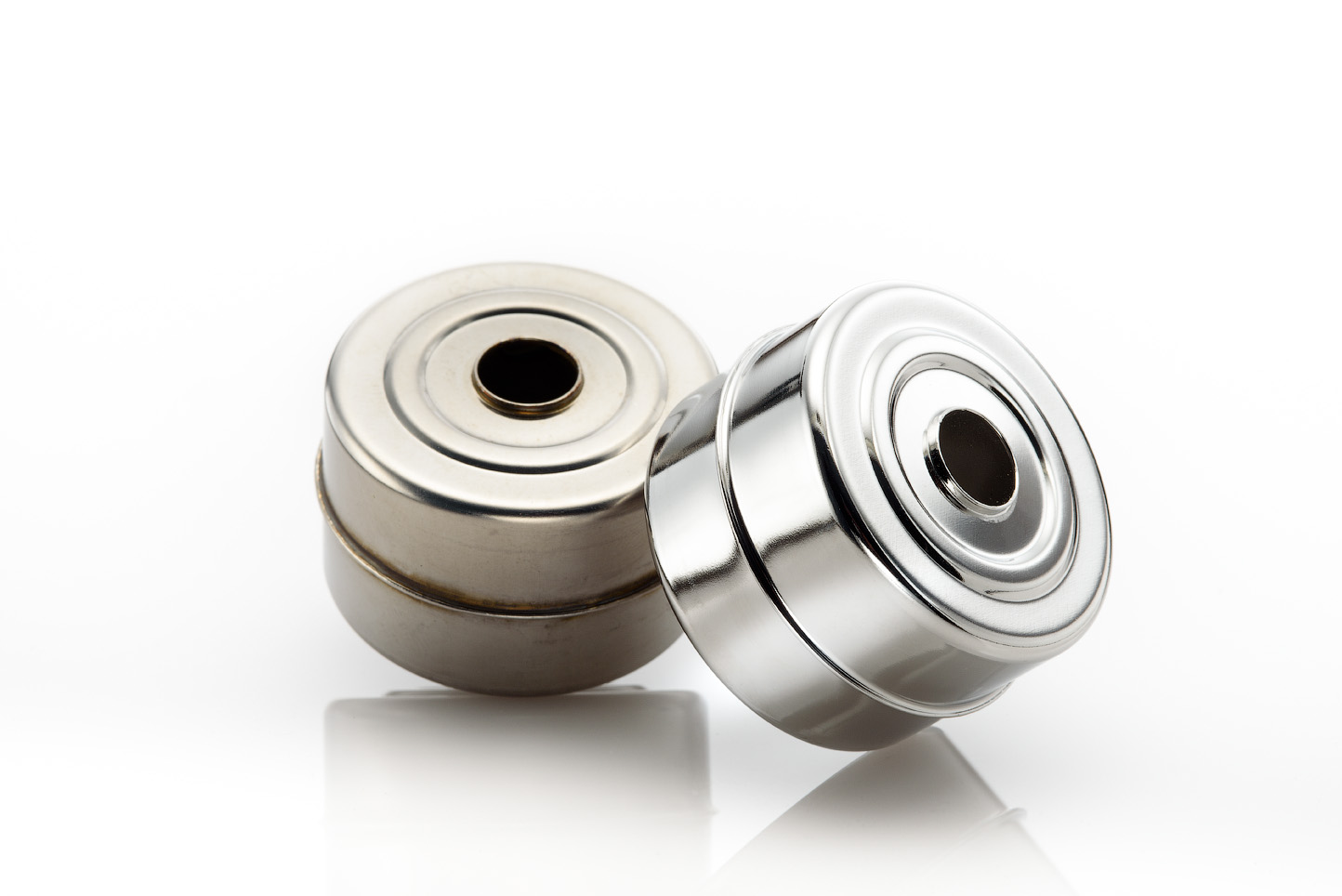
How Much Will Electropolishing Improve the Surface Finish of My Part?
Ra and RMS are both representations of surface roughness. Ra is calculated as the roughness average of a surface’s...
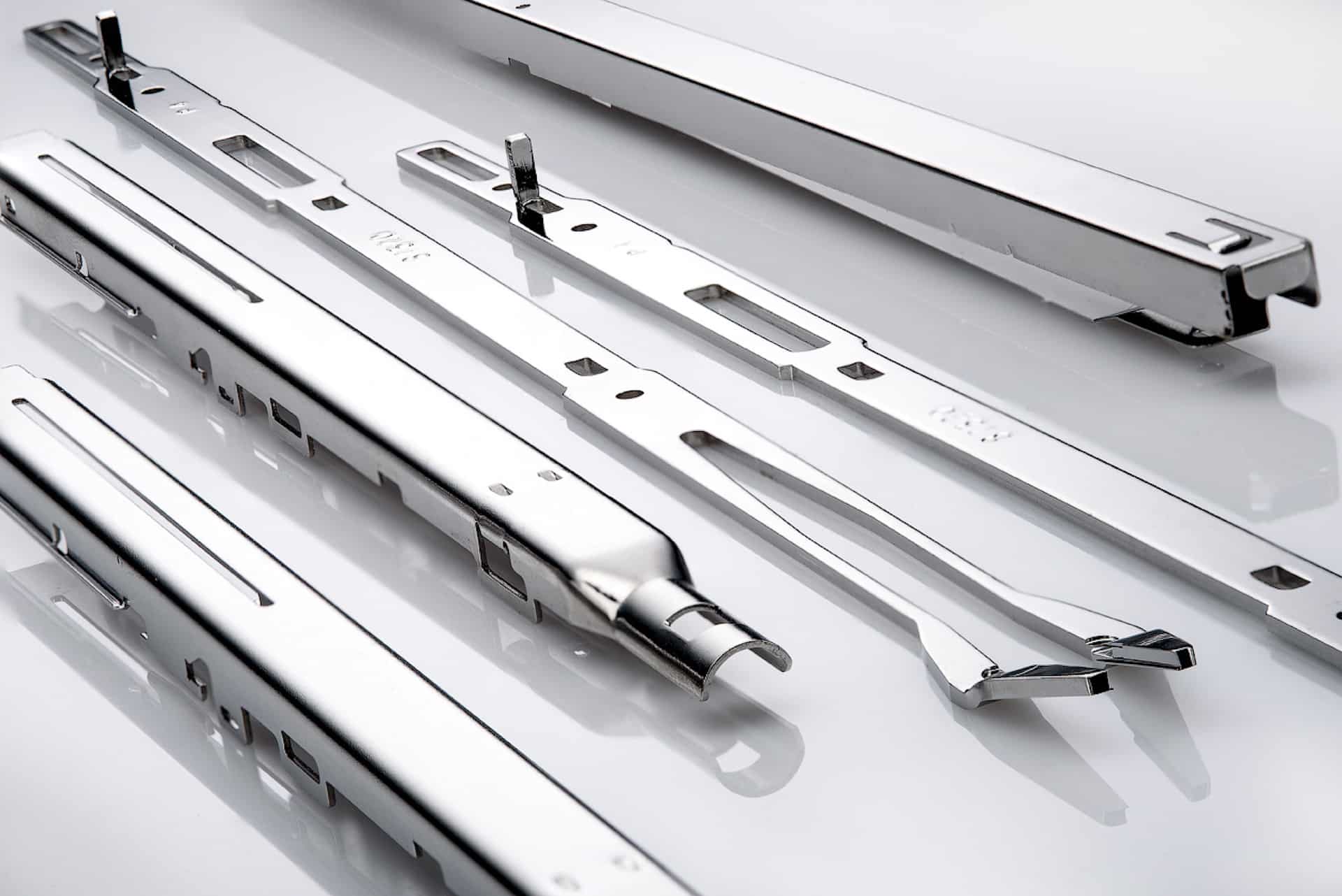
Electropolishing Frequently Asked Questions
Learn the difference between electropolishing and electroplating as well as how the electropolishing process works...
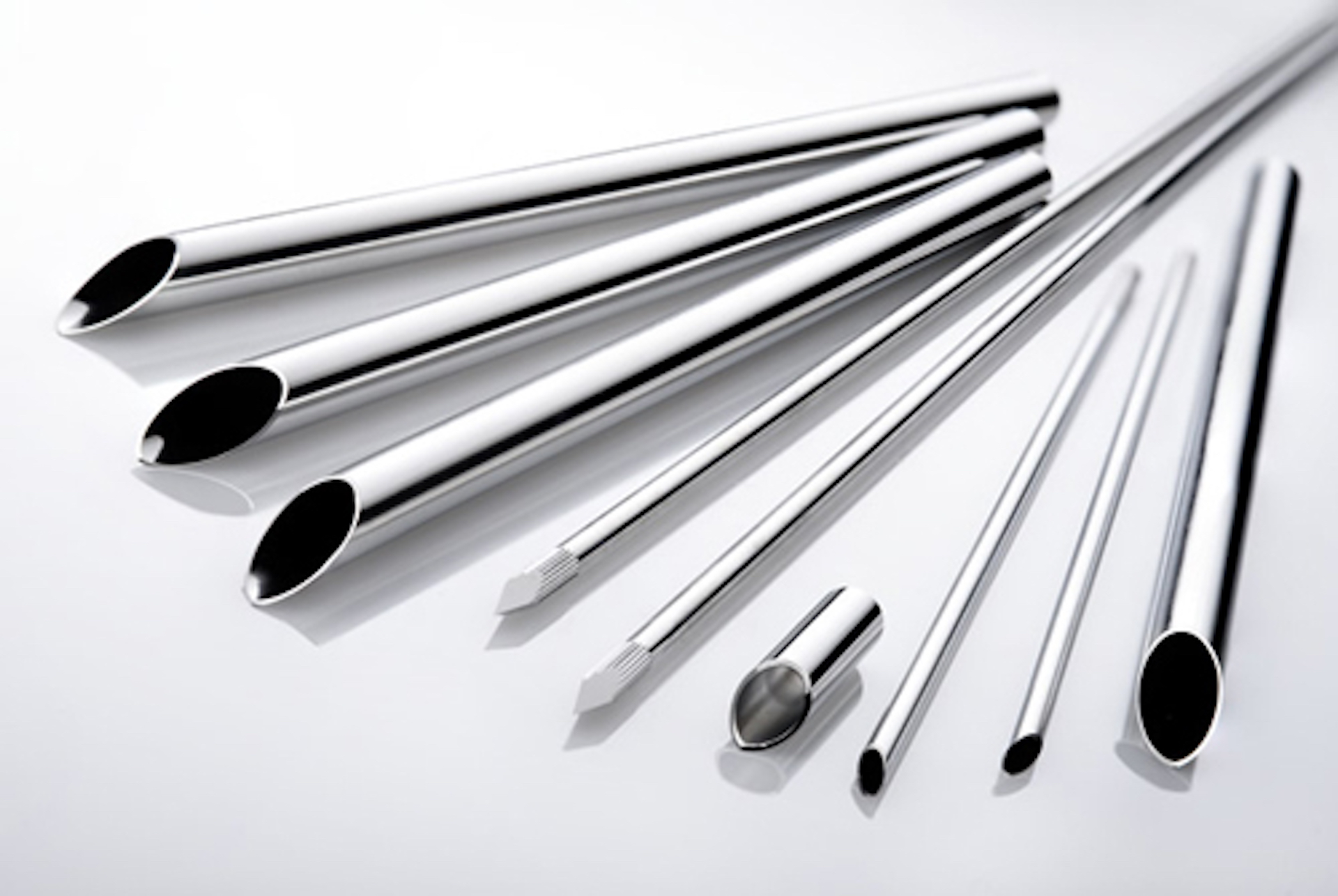
What is ASTM B912?
ASTM B912 is an industry standard for the passivation of stainless steel alloys through electropolishing...
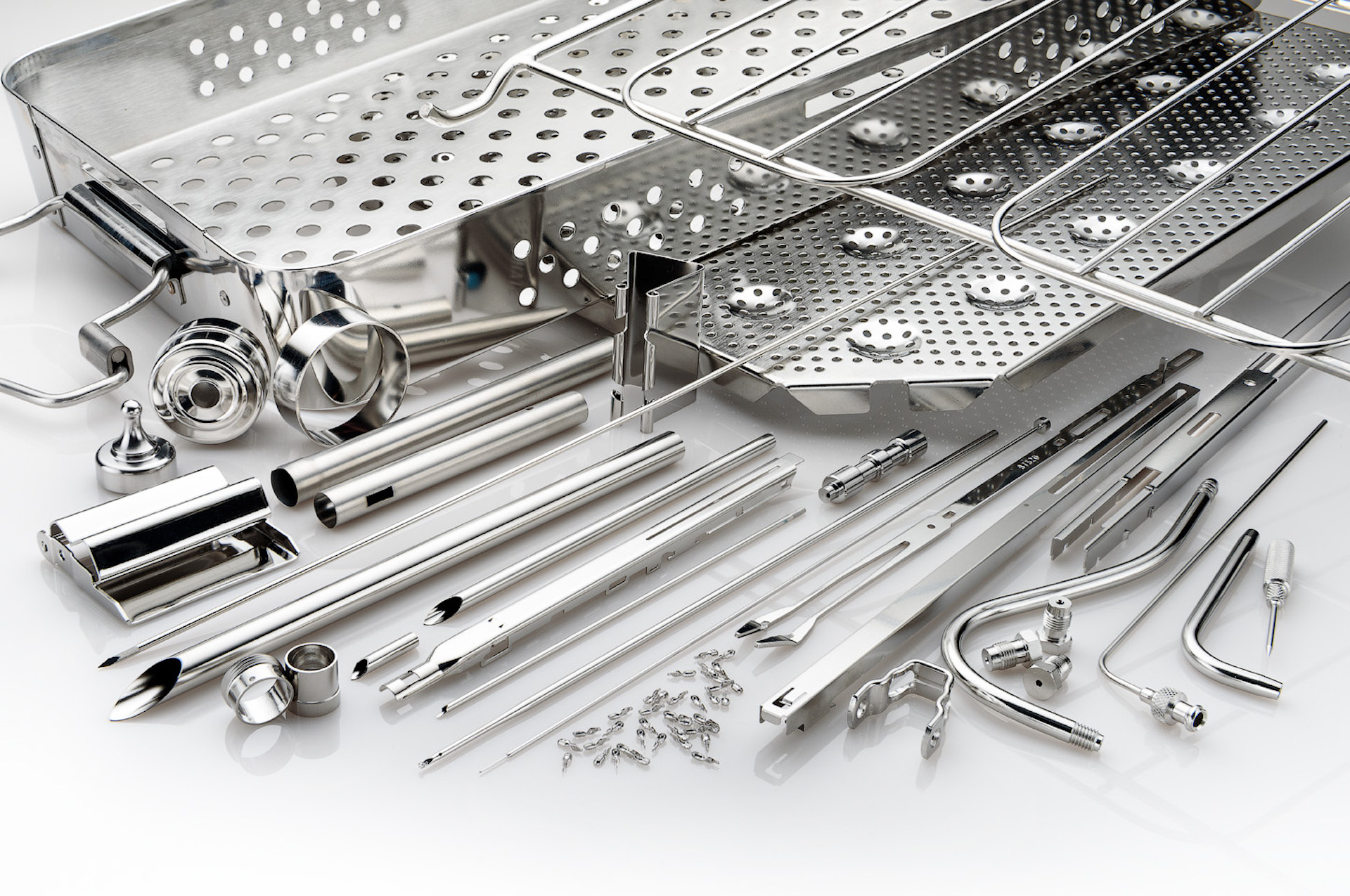
What is ASTM A967?
ASTM A967 is an industry standard specification for the chemical passivation treatments for stainless...
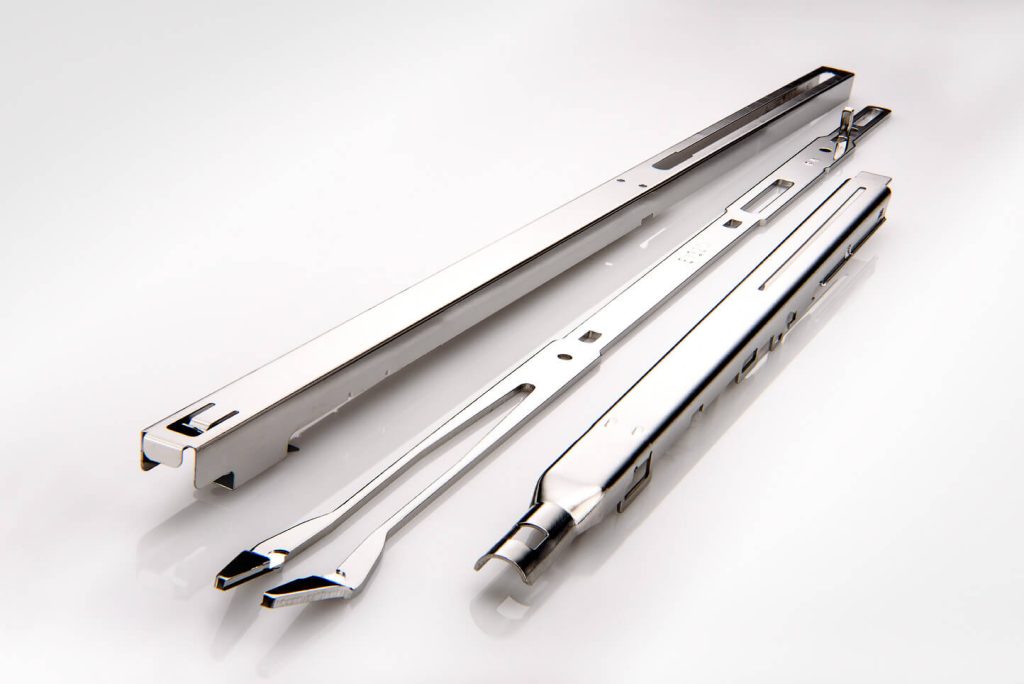
What is ISO 13485?
ISO 13485 is a standard that applies specifically to medical devices. ISO 13485 is designed to be...
